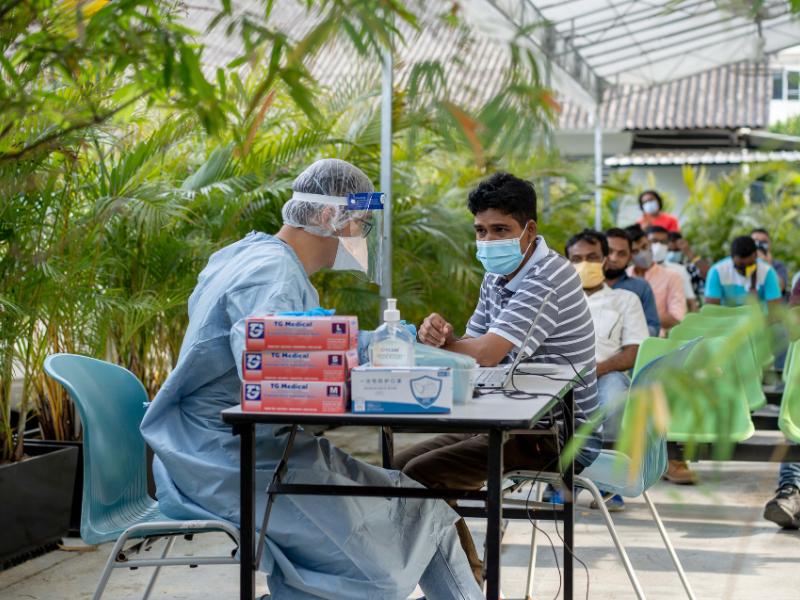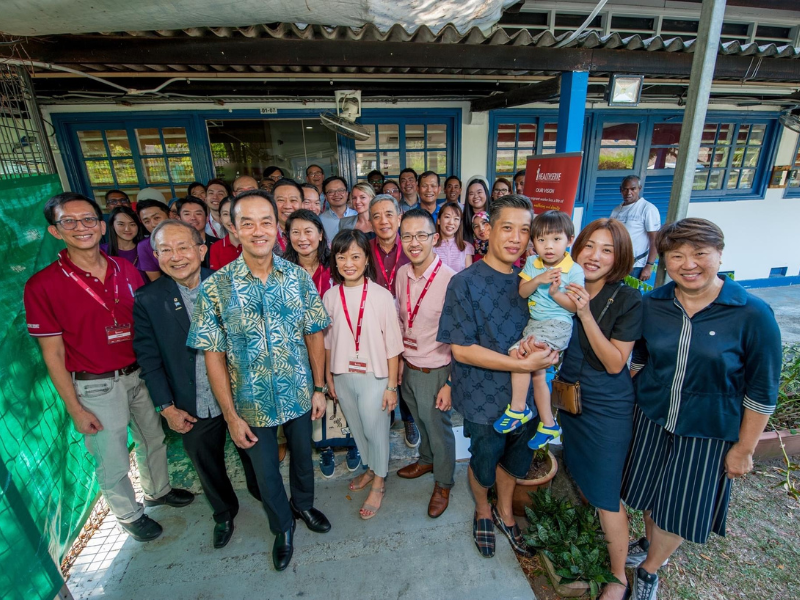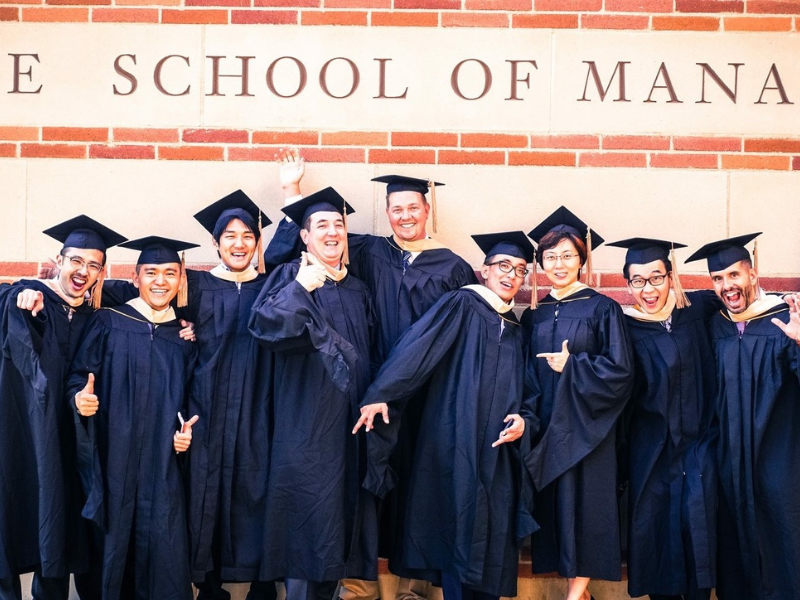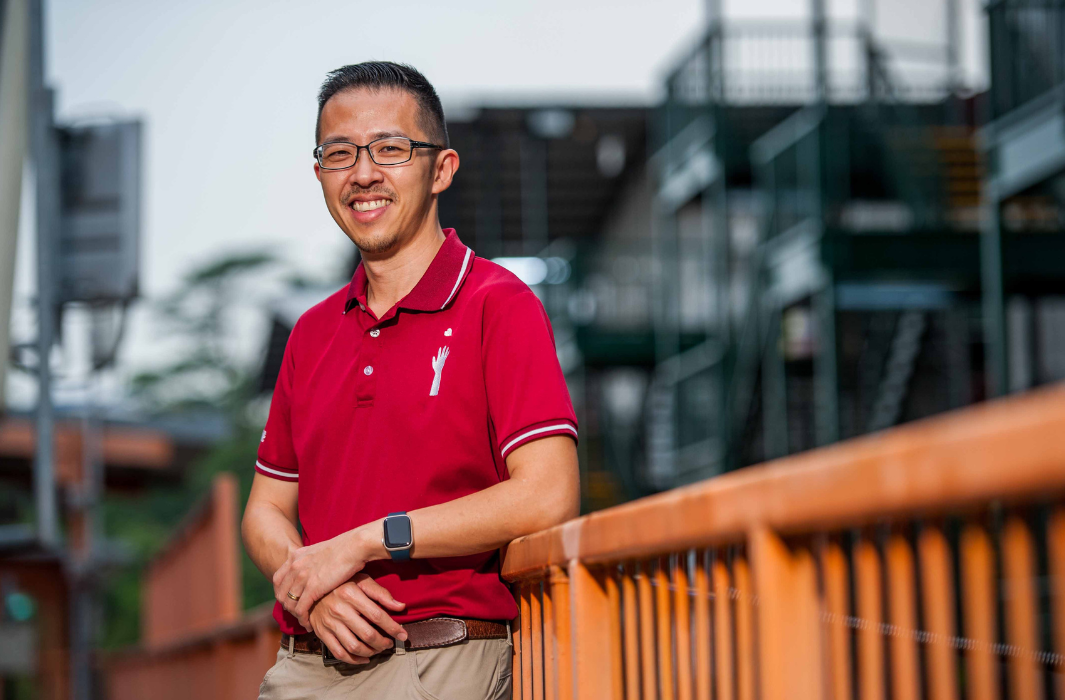There are more than 440,000 migrant workers in Singapore in 2023, according to the Ministry of Manpower. These workers form the backbone of Singapore’s construction and marine industries, taking on labour-intensive work such as building the country’s infrastructure, including houses and roads.
These workers may have helped in Singapore’s growth, but they often need help when seeking medical treatment. They face challenges such as a lack of knowledge and access to medical resources.
But the biggest challenge they face could be that they may be easily replaced by other workers if they fall ill. “Most workers are fearful of being seen by their employers as sickly, lest younger ‘disease-free’ compatriots replace them,” said Doctor Benjamin Kuan, a UCLA-NUS Executive MBA (EMBA) alumnus and CEO of HealthServe, a healthcare charity for low-wage migrant workers.
Their situation is also compounded by a general perception that “migrant workers have traditionally and widely been deemed a cost-effective means to our society’s ends,” added Benjamin.
Benjamin believes in looking after the migrant worker population’s medical and mental health needs. “It’s my lifelong commitment to help the less privileged,” he said.

Benjamin treating migrant workers during the pandemic
Benjamin and his team once helped counsel a worker who, following a work injury, could not walk. “He was depressed and unable to imagine his life ahead. We guided him in processing his emotional stress and advised him to fill up his injury claims,” said Benjamin. Fortunately, the worker could walk again after several operations and months of rehabilitation.
“Just knowing that we have impacted at least one person is rewarding,” said Benjamin. However, the worker’s case is just one of the hundreds HealthServe handles yearly.
In 2023, HealthServe provided 4,800 instances of social assistance, ranging from hospital visits to providing groceries and gave 4,000 medical and dental consultations. The organisation also runs a crisis helpline for distressed workers.
The organisation started as a clinic for needy people in the late 2000s. Over the years, HealthServe expanded to three clinics, and the pandemic saw the charity venture into counselling and social work.

Benjamin at the launch of HealthServe's dental clinic
Taking the first step as a volunteer doctor
Benjamin’s connection with migrant workers can be traced back to his childhood when he watched his father, a project manager in the construction sector, interact with his Thai workers.
“He would buy meals for them and try to talk to them in Thai. He never raised his voice at them, and I could see they were comfortable with him. He did not regard them as lesser individuals, nor did he take advantage of his rank to lord over them,” said Benjamin.
Growing up, he quickly developed empathy and compassion for the workers, which unwittingly led him on a path to serve and support migrant workers in Singapore.
In 2019, Benjamin started working as a volunteer doctor at HealthServe. “I did not know where to start until my former colleague who was volunteering at HealthServe, asked me to join him,” recalled Benjamin, who was working at a medical technology firm.
At HealthServe, Benjamin found a higher calling. “As a doctor offering services to workers without access to unsubsidised care, the experience extends beyond the medical realm,” he said.
Benjamin quit his job in January 2020 and he decided to join HealthServe full-time when the pandemic struck. He saw the outbreaks of COVID-19 in the workers’ dormitories and the need for healthcare assistance for the migrant workers. With the lockdowns then, Benjamin and his team realised the workers, being separated from their families, were facing mental distress and set up a tele-counselling service to help the individuals. It was a thrice-a-week night counselling session for workers who needed help.
There was a harrowing situation when a counsellor managed to calm a suicidal worker who was calling from a toilet cubicle and had a rope in his hands, ready to hang himself. “We were glad that we were able to avert a tragedy by giving him a new perspective in hope,” said Benjamin. He added that the experience was part of the team’s learning journey to building today’s 24-hour helpline service.
The weight of a doctor’s title
Benjamin joined the UCLA-NUS EMBA programme in 2015, when he was stepping into the managerial role of medical director. “My expanded work portfolio involved medical and clinical work, engaging with business stakeholders, pitching for business deals, etc. These required a wholly different set of skills not taught in medical school,”
He honed his soft skills as a leader and learned about financial performance. “I particularly enjoyed networking with classmates and visiting countries like Shanghai, India, and Los Angeles to learn about the companies and their unique business practices,” said Benjamin.

Benjamin (left) with his graduating class
Benjamin also noted that the modules in the marketing and communications fields came in handy when he took his HealthServe role. “Whether it is being able to package ourselves in a more easily understood manner or engaging with our target audiences using social media and running analytics to assess the impact of our marketing efforts, these lessons are highly applicable as CEO of HealthServe,” said Benjamin.
For Benjamin, the EMBA programme offered considerable insight into a leader’s role in the organisation. “The NUS experience provided a sobering reminder that in the business world, a “doctor” title holds little weight if one cannot deliver tangible results.
Meanwhile, regarding long-term goals, Benjamin revealed that his team will be looking to provide more preventive care education in areas such as raising dental hygiene and mental health awareness for migrant workers. “It is to empower workers to take charge of their health,” he said.
Benjamin also plans to raise awareness of the medical and mental health needs of migrant workers and encourage more people to volunteer. “We share a common humanity with our migrant friends,” he said. “Life is more than ourselves and our daily struggles. So if one has the time and opportunity, there are people at our doorstep who need our help.”






